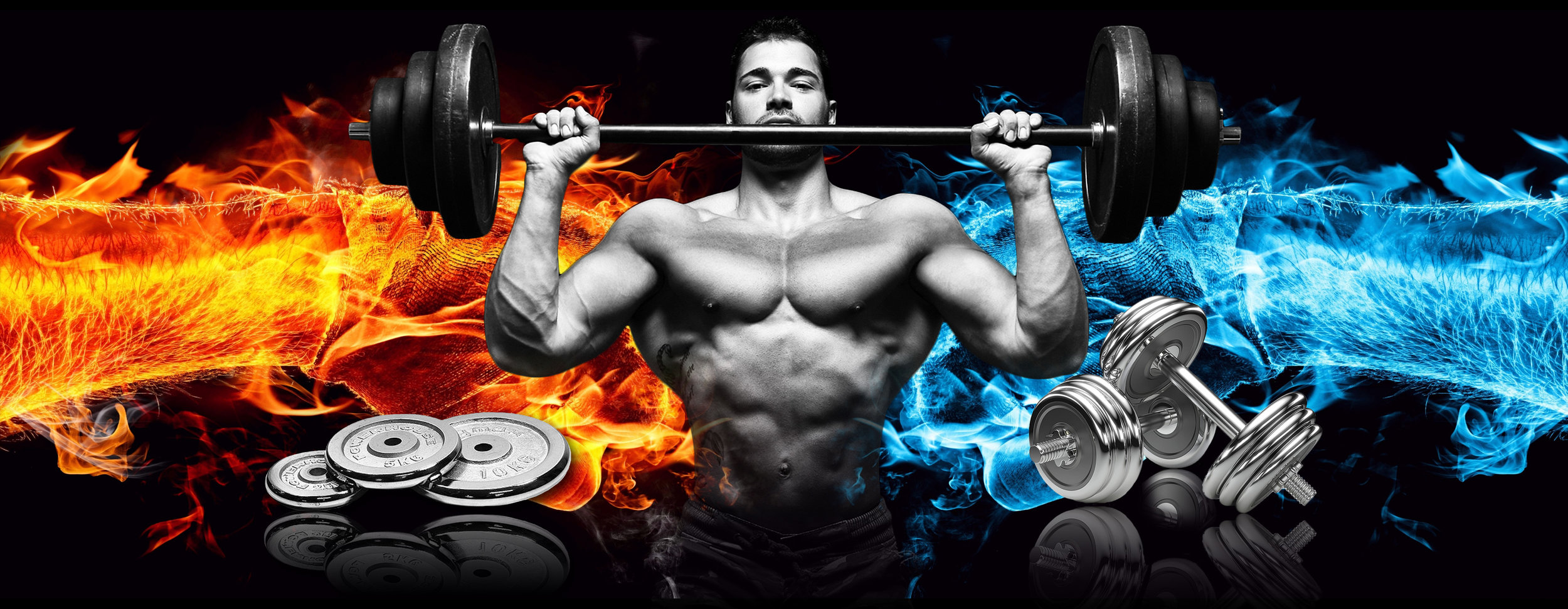Online Training for Beginners
Dr. Joel Seedman, Ph.D.
This is the full-length version of Dr. Seedman's contribution to an article that was originally featured on Bach Performance
QUESTION
“How do you go about taking beginners as online clients? Do you do it? If so, what assessments do you use to ensure safety?”
ANSWER
Although working with beginner level on-line clients comes with its fare share of obvious challenges, the protocols I use for accepting and assessing beginner intermediate or advanced level online trainees is essentially the same. I’m less worried about their current or pre-existing levels of training, fitness, or training experience and more concerned with how mentally engaged and committed they are to the process. This is what I base my selection process on in terms of taking on new clients not their fitness levels.
In addition I always inquire and gain as much insight as possible as to how well they’ve tried to educate themselves on training and fitness regardless of their level of training. This indirectly informs me how mentally engaged and focused they are on their goals. In essence I’m less concerned with their levels of fitness and training experience and more interested in their psychological mindset and level of mental engagement. In fact I would rather work with a beginner level online clients who is mentally engaged and focused on their goals than an advanced athlete who’s mentally disengaged and lacks the mental fortitude to concentrate on the task at hand.
One of the reasons I use this approach is because of the emphasis I place on proper movement patterns, body mechanics and muscle function. Regardless of their level of training experience, it’s my job as a coach to teach a lifter how to properly move and control their body. This is the same whether they are an online client (where I train them via Skype or FaceTime) or whether I train them in person. Essentially it comes down to the efficiency and effectiveness of motor learning.
Research shows that in order to effectively teach someone a new motor skill or to fine-tune a preexisting skill or movement pattern their ability to learn and grasp the information is based largely on how mentally engaged and focused they are. This produces higher levels of cognitive focus which is essential when it comes to motor learning. If they’re lacking these attributes and are mentally lazy then their ability to learn and apply the information I teach them will be limited at best.




















